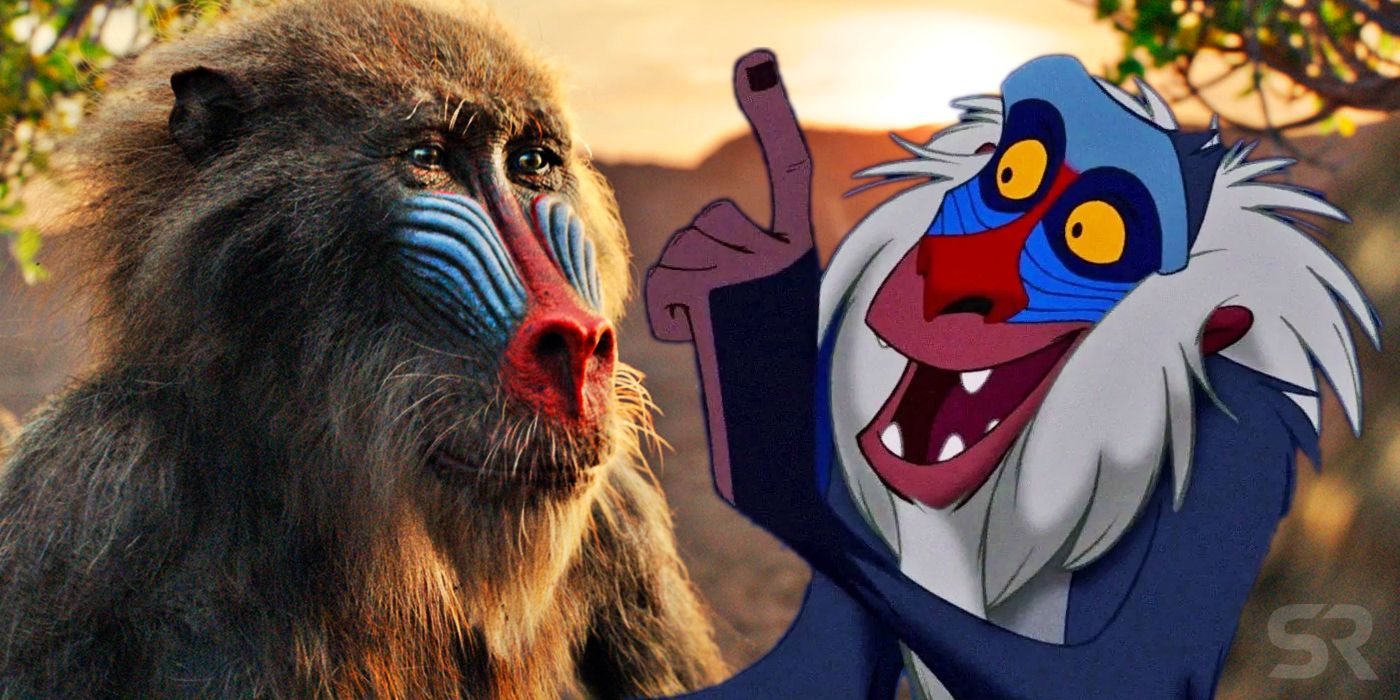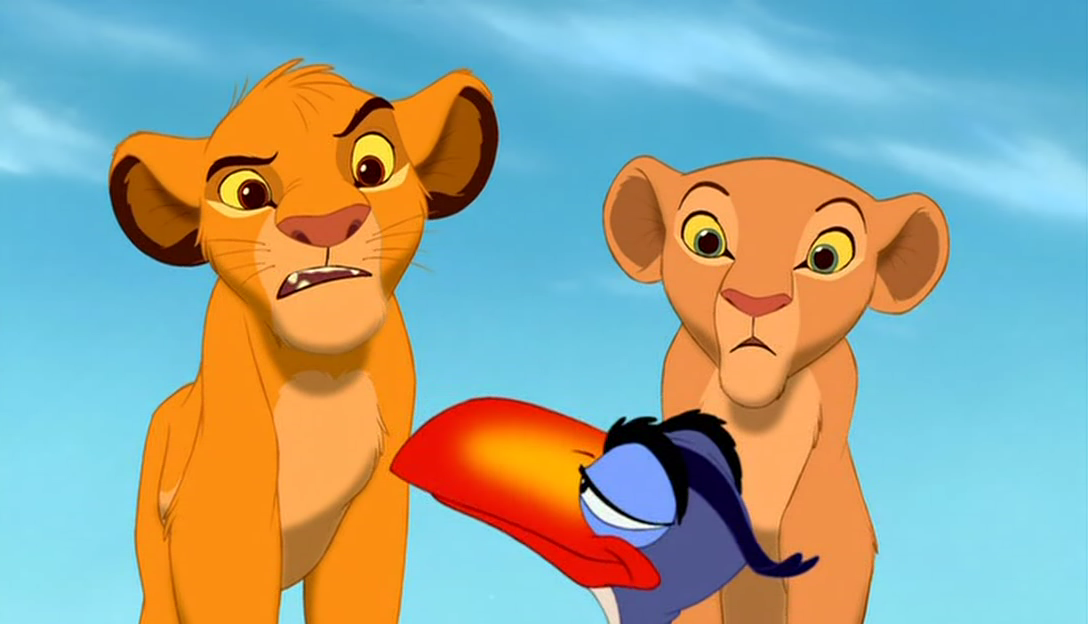

"Mbube" was a big hit in what is now Swaziland it sold nearly 100,000 copies in the 1940s by its originator, South African Solomon Linda. We-de-de-de, de-de-de-de-de de, we-um-um-a-way, we-de-de-de, de-de-de-de-de de, we-um-um-a-way." Whoa Whoa whoa um-a-way, weeeeeeeee deeeeeee, we-um-um-a-way. Hush my darling, don't fear my darling, the lion sleeps tonight. Weeeeeeeee de-de-de-de, we-um-um-a-way, weeeeeeeee a la-la-la, we-um-um-a-way. Near the village, the quiet village, the lion sleeps tonight. Near the village, the peaceful village, the lion sleeps tonight. Weeeeeeeee de-de-de-de, we-um-um-a-way, weeeeeeeee de-de-de-de, we-um-um-a-way. In the jungle, the quiet jungle, the lion sleeps tonight. In the jungle, the mighty jungle, the lion sleeps tonight. A wimoweh, a-wimoweh, a-wimoweh, a wimoweh, a wimoweh, a-wimoweh, aA-wimoweh, a wimoweh, a wimoweh, a-wimoweh, a-wimoweh, a wimoweh, a wimoweh, a-wimoweh, a-wimoweh, a wimoweh. "We-de-de-de, we-de-de-de-de de, we-um-um-a-way, we-de-de-de, de-de-de-de-de de, we-um-um-a-way. "We're detaining Mickey, Donald and all the others until proper justice is done by the Americans."The Lion Sleeps Tonight" is actually an African doo-wop song, originally titled "Mbube" (pronounced EEM-boo-beh), which means "Lion", and it was sung with a haunting Zulu refrain that sounded, to English-speaking people, like "wimoweh". If they win damages and Disney refuses to pay, Mr Linda's family has the right to sell those trademarks in South Africa, said Dr Dean. It does not apply in the United States so the lawyers are suing Disney through a high court in Pretoria by "attaching" trademarks the company has registered in South Africa, including cartoon characters. However, Dr Dean, an expert on copyright, found a provision in a 1911 British imperial copyright law which stated that all rights to a song reverted to the composer's estate 25 years after his death. Though irregular royalty payments amounting to several thousand pounds did find their way to Linda's family, they remain poor. They have reportedly generated $1bn revenues. Its commercial triumph was sealed when it became the only non-Elton John song to be used in Disney's 1994 animated film The Lion King and subsequent spin-offs and stage show. Since then at least 170 artists have recorded versions of the tune, which according to Rolling Stone magazine has received the equivalent of three centuries of airplay on US radio stations. His band, the Weavers, corrupted Mbube into Wimoweh, and got a number 6 hit in 1951-52.Ī decade later another band, The Tokens, rerecorded it with fresh, English lyrics and under the title The Lion Sleeps Tonight it topped the charts worldwide. It found its way to the American folk singer Pete Seeger, who in his autobiography recalled transcribing the song "note for note". He called the song Mbube, Zulu for lion, and it sold 100,000 records in southern Africa. No one disputes that the Zulu who grew up protecting cattle from lions first came up with the 15-note melody in a Johannesburg recording studio to which he sold the copyright. As far as we're concerned, this is both illegal and profoundly unfair."
Wimoweh the lion king full#
is running to full houses all over the world while Linda's daughters work as domestic servants, live in shacks and struggle to feed their families. We started with Disney because they are the most active of the users," said Owen Dean, the South African lawyer leading the action, after a press conference in Johannesburg.

"We intend going after anyone who is using the song. Mr Linda died penniless and was buried without a headstone in 1962 but his descendants, not much better off, hope to earn millions in damages and royalties for a tune so catchy that even those who loathe it hum along. Under an arcane piece of colonial-era copyright law, the lawyers will next week sue Disney for £900,000 for using the song without permission in the film and stage show The Lion King.


 0 kommentar(er)
0 kommentar(er)
